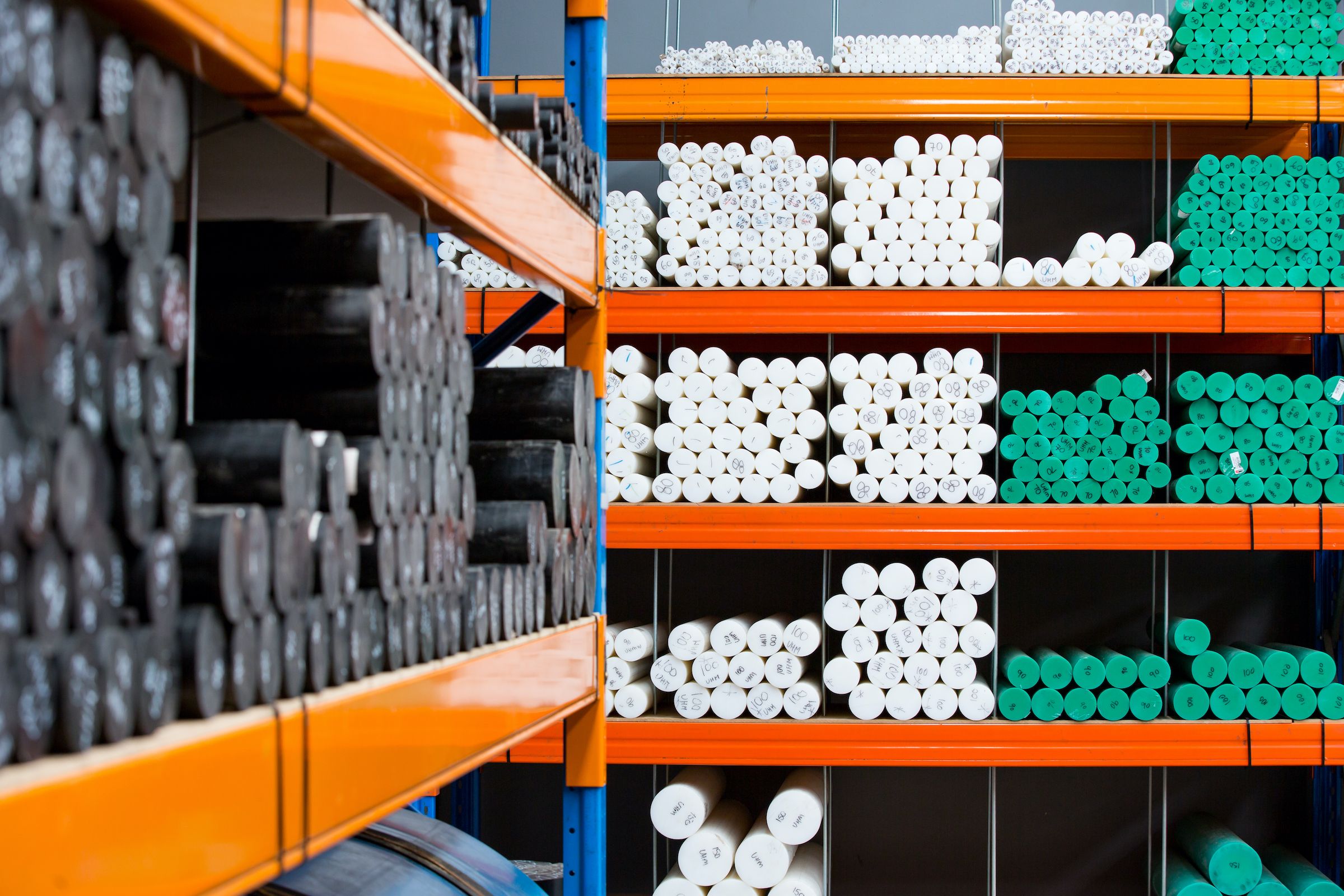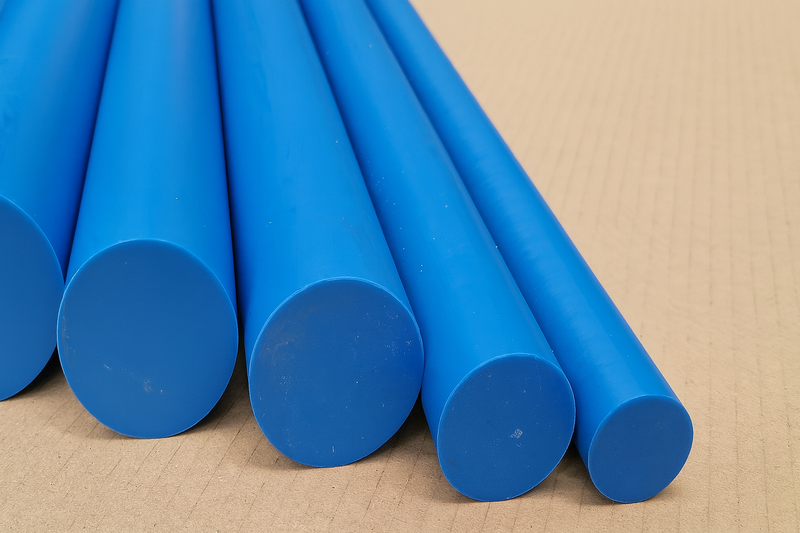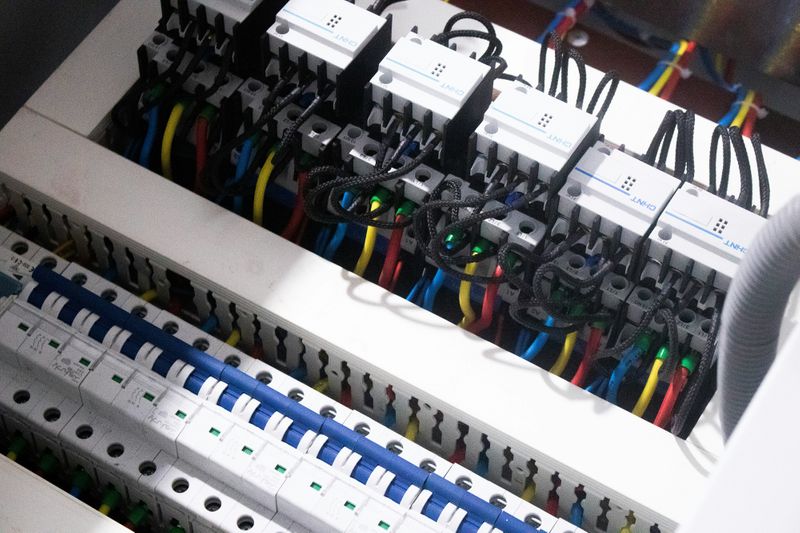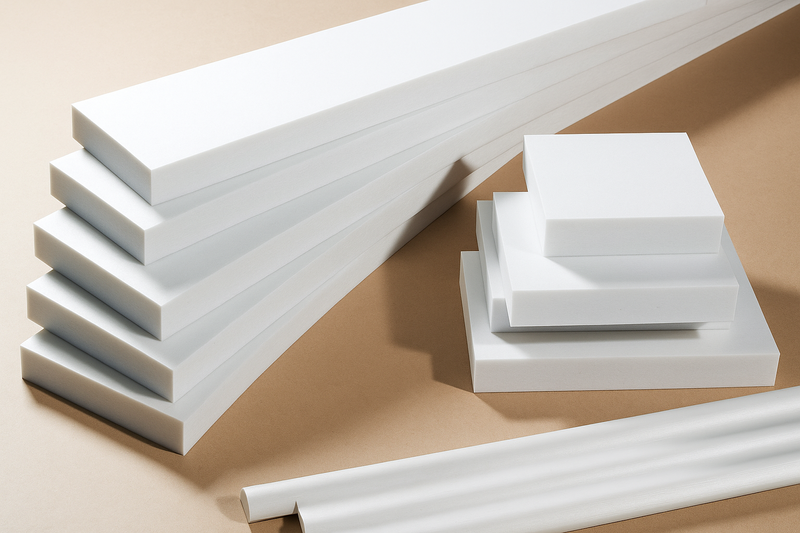At a glance
- Surgical Precision: PTFE coatings keep surgical instruments debris-free, ensuring sterility.
- Medical Devices: Low friction PTFE is ideal for catheters, guidewires, and implants.
- Pharmaceutical Use: PTFE prevents contamination in drug manufacturing equipment.
In the medical industry, precision and reliability are paramount. One material that has proven indispensable in achieving these standards is PTFE (polytetrafluoroethylene). Known for its exceptional non-stick properties and biocompatibility, PTFE is a cornerstone in the manufacturing of medical devices and instruments.
Application of PTFE in the Medical Field
Let's explore how this remarkable material is used in various medical applications and why it is so critical to the field.
Surgical Instruments
It requires surfaces that do not accumulate biological matter during procedures. PTFE coatings provide this non-stick feature, ensuring that instruments like scalpels, forceps, and scissors remain free from debris. This non-stick property is essential for maintaining sterility and functionality during surgeries.
Medical Wires and Guide wires
PTFE is widely used in coating medical wires, including guide wires and catheters. These wires must navigate the intricate pathways of the human body without causing damage or friction. PTFE's low friction coefficient makes it ideal for this purpose, allowing for smoother insertion and manoeuvring within blood vessels and other bodily conduits.
Catheters and Cannulas
Catheters and cannulas benefit greatly from PTFE coatings. These devices are inserted into the body for extended periods, making it crucial for them to resist clot formation and bacterial adhesion. PTFE’s biocompatibility and non-stick properties significantly reduce the risk of infections and improve patient outcomes.
Implants and Prosthetics
Implants and prosthetics often incorporate PTFE to enhance their functionality and longevity. For instance, PTFE coatings on joint replacements can reduce wear and tear, prolonging the life of the implant. Similarly, PTFE-coated stents in cardiovascular treatments help maintain clear pathways in blood vessels, reducing the likelihood of blockages.
Pharmaceutical Equipment
The pharmaceutical industry also uses PTFE in various equipment used for manufacturing drugs. PTFE coatings on mixing vessels, storage tanks, and piping systems prevent contamination and ensure the purity of pharmaceutical products, which is crucial for maintaining the efficacy and safety of medications.
Dialysis Equipment
Dialysis machines, which filter blood for patients with kidney failure, use PTFE-coated membranes. These coatings prevent clogging and ensure efficient blood flow, thereby improving overall treatment efficacy.
Advantages of PTFE in Medical Applications
PTFE offers several advantages that make it suitable for medical applications:
- Non-stick properties: Prevents the accumulation of biological matter and bacterial adhesion.
- Biocompatibility: Reduces the risk of adverse reactions when in contact with bodily tissues and fluids.
- Chemical resistance: Withstands exposure to various chemicals and sterilisation processes.
- Low friction: Facilitates smooth movement of devices within the body, reducing trauma and discomfort for patients.
- Durability: Enhances the lifespan of medical devices and instruments, providing long-term reliability.
PTFE in Emerging Medical Technologies
As medical technology advances, the use of PTFE is expanding into new areas. For instance, PTFE is being explored for use in wearable medical devices, which require materials that can endure constant movement and contact with skin. Additionally, researchers are investigating PTFE's potential in creating more effective drug delivery systems that can precisely target diseased tissues without affecting healthy cells.
PTFE in Medical Research and Development
In the research and development sector, PTFE is used in various laboratory instruments and devices. Its non-reactive nature ensures that experimental results are not compromised by contamination or chemical interactions. This reliability makes PTFE a preferred choice in the development of new medical treatments and technologies.
Challenges and Considerations
While PTFE offers numerous benefits, its use in the medical field is challenging. One significant consideration is the cost of PTFE coatings, which can be higher than other materials. Additionally, ensuring the consistent quality of PTFE-coated devices requires stringent manufacturing controls. Despite these challenges, the advantages of PTFE often outweigh the drawbacks, making it a valuable material in the medical industry.
Products Offered by ePol
-
PTFE Sheets
ePol offers a variety of PTFE sheets that are known for their excellent non-stick properties, chemical resistance, and durability. These sheets are ideal for applications in the medical field, where hygiene and sterility are paramount. PTFE sheets can be used to manufacture gaskets, seals, and other components that require a non-reactive surface.
-
PTFE Rods
PTFE rods from ePol are available in different diameters and lengths, making them suitable for a range of applications, including the production of medical instruments and components. These rods provide excellent machinability and are resistant to high temperatures and corrosive substances.
-
PTFE Films
For applications that require thin and flexible materials, Epol provides high-quality PTFE films. These films are used in various medical devices and equipment, offering superior performance and reliability. PTFE films are ideal for applications that demand a low-friction surface and resistance to chemicals.
-
Customised PTFE Products
Epol also offers customised PTFE products to meet specific client requirements. Whether you need a particular shape, size, or formulation, Epol’s team of experts can provide solutions tailored to your needs. This customisation ensures that you get the exact product specifications necessary for your medical or industrial applications.
Why Choose ePol?
Quality Assurance
ePol is committed to delivering products that meet the highest quality standards. Each product undergoes rigorous testing to ensure it meets the specific requirements of its intended application.
Expertise and Experience
With years of experience in the industry, ePol’s team has the expertise to provide valuable insights and solutions. Their deep understanding of engineering plastics enables them to offer products that enhance the performance and reliability of your applications.
Customer-Centric Approach
ePol prides itself on its customer-centric approach. It works closely with clients to understand their needs and provides products and services that exceed expectations. ePol’s dedication to customer satisfaction ensures long-term partnerships built on trust and reliability.
By partnering with ePol, you can be assured of quality, reliability, and exceptional service, ensuring that your projects and applications are supported by the best materials available in the industry.
PTFE's unique properties make it an essential material in the medical field. From enhancing the performance of surgical instruments to improving the efficacy of implants and prosthetics, PTFE's contributions to medical technology are vast and varied. As research continues and new applications emerge, PTFE will undoubtedly remain a critical component in advancing medical science and improving patient care.








